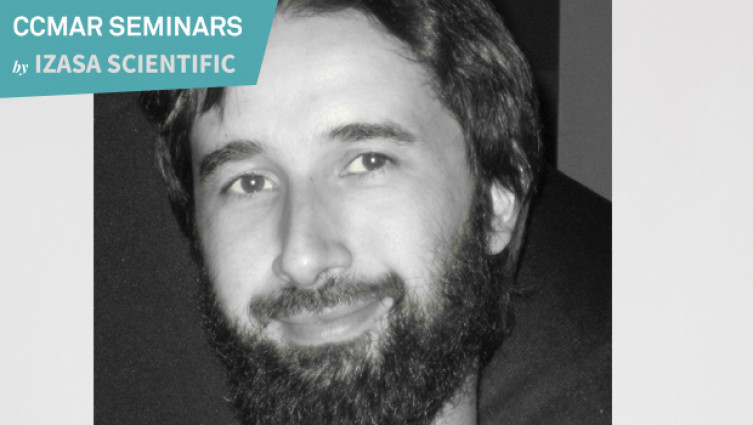Integrating economics and critical depensation in the design of fisheries’ policies. An application to the Ibero-Atlantic Sardine stock
CCMAR SEMINARS
15th January 2018, at 11:00 pm (monday)
Amph. B (CP)
Integrating economics and critical depensation in the design of fisheries’ policies. An application to the Ibero-Atlantic Sardine stock
Renato Rosa
(Nova School of Business and Economics)
Abstract
Several world fish stocks have reached critical biomass levels and face increasing probabilities of collapse. The need to improve the design of management plans is thus subject of an increasing interest from academics and policy makers. Defining a management plans is, however, an intricate task that requires integrating knowledge on fish ecology and socio-economics. In fact, while this is already embodied in fishery policies, these are still mainly built in light of biological principles. In addition, unexpectedly long recovery periods for fisheries subject to severe reductions in fishing mortality have reopened the debate on the existence of depensatory dynamics. Using the Ibero-Atlantic sardine stock as a case study, this paper proposes a new methodology for the definition of Harvest Control Rules using an age class structured bio-economic model that allows for the existence of Allee effects in the population. In contrast to current practices used in the definition of HCRs, our management rule endogenously captures both socio-economic aspects and depensatory dynamics.
CV
Renato Rosa graduated in Economics by Universidade Nova de Lisboa where he also obtained his PhD degree in the field of Environmental Economics. From 2008 to 2011 he worked at Fondazione Eni Enrico Mattei, where he developed research in the integration of forestry, agriculture and land use topics into numerical macroeconomic models. Renato has taught at NOVA SBE, University of Aveiro and Ca’Foscari University of Venice. He currently holds an Investigador FCT grant. His research interests focus on renewable resources and ecosystem services with a particular emphasis on multidisciplinary bio-economic modelling. Recently, his joint work with fish and forestry scientists resulted in two bioeconomic models for Portuguese forests and a bioeconomic model for the Ibero-Atlantic Sardine stock. His research has been published in top field journals such as Resource and Energy Economics, Ecological Economics and Environmental and Resource Economics.


